1. Leaving Kids Home Alone

In the U.S., it’s common for parents to leave children home alone once they reach a certain age—sometimes as young as 8 or 10. It’s framed as fostering independence and responsibility. State laws vary, and many parents rely on personal judgment. The latchkey kid is a cultural archetype.
But in countries like Germany, Sweden, and Japan, leaving young children unsupervised can trigger legal consequences. Authorities may view it as neglect, regardless of maturity level. The habit is normalized in America—but criminalized elsewhere. And yes, someone’s neighbor in Oslo would call child services.
2. Spanking as Discipline
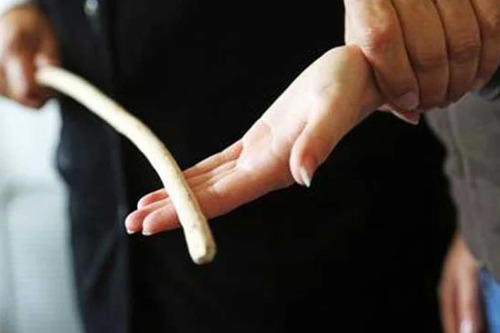
Corporal punishment remains legal in many U.S. states, with parents allowed to spank children as long as it doesn’t cause injury. It’s often defended as “old-school” parenting or a cultural norm. Some families view it as effective discipline. The line between punishment and abuse is blurry.
In over 60 countries—including France, Brazil, and New Zealand—spanking is banned outright. Legal systems prioritize child protection over parental discretion. What’s considered discipline in America is considered assault elsewhere. And yes, Sweden outlawed it back in 1979.
3. Letting Kids Ride Without Helmets
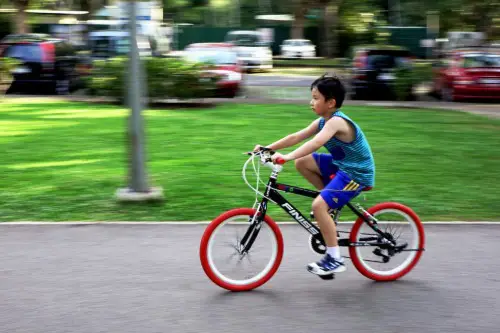
In many parts of the U.S., children ride bikes, scooters, or skateboards without helmets—especially in rural or suburban areas. Enforcement is lax, and cultural attitudes vary. Some parents see helmets as optional or “overprotective.” The freedom feels nostalgic.
But in countries like Australia, Finland, and South Korea, helmet laws are strictly enforced for minors. Fines and legal penalties apply, even for short rides. The American shrug toward safety doesn’t fly globally. And yes, your kid’s mohawk helmet wouldn’t pass inspection in Seoul.
4. Giving Kids Sugary Energy Drinks
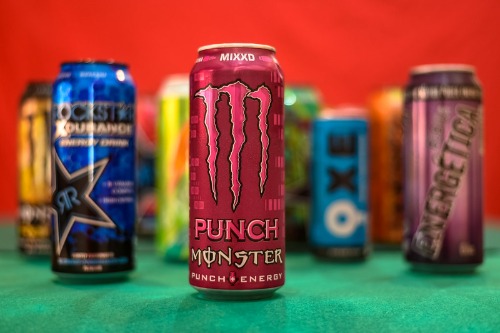
American kids often consume energy drinks like Red Bull or Monster—sometimes with parental approval. These drinks are marketed aggressively and sold in convenience stores without age restrictions. The caffeine and sugar content is sky-high. It’s framed as “cool” or “athletic.”
In countries like Lithuania, Turkey, and Latvia, selling energy drinks to minors is illegal. Health authorities cite risks to heart health, sleep, and development. The American fridge staple is a banned substance elsewhere. And yes, your teen’s pre-game ritual could trigger a fine in Vilnius.
5. Letting Kids Sit in the Front Seat
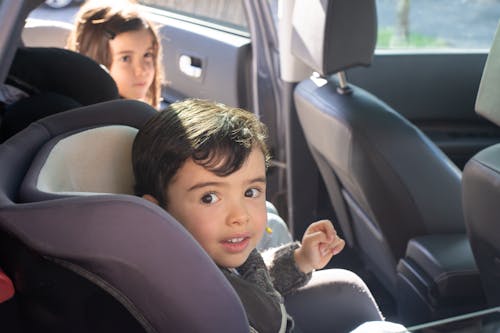
In the U.S., kids often ride in the front seat once they hit a certain age or height—sometimes as early as 8. Laws vary by state, and enforcement is inconsistent. Parents may prioritize convenience or sibling dynamics. The front seat feels like a milestone.
But in countries like Japan, Germany, and the U.K., strict age and height requirements apply. Violations can result in fines or legal action. The American milestone is a European misdemeanor. And yes, airbags aren’t kid-friendly.
6. Skipping Vaccinations for Personal Beliefs

Some American parents opt out of childhood vaccinations due to personal, religious, or philosophical beliefs. Exemptions exist in many states, and enforcement varies. The debate is framed as parental rights versus public health. It’s a flashpoint in American culture.
In countries like Italy, France, and Argentina, skipping mandatory vaccines can result in fines or school bans. Public health takes precedence over personal choice. The American loophole is a legal breach abroad. And yes, your exemption form wouldn’t fly in Milan.
7. Letting Kids Stay Up Past Midnight
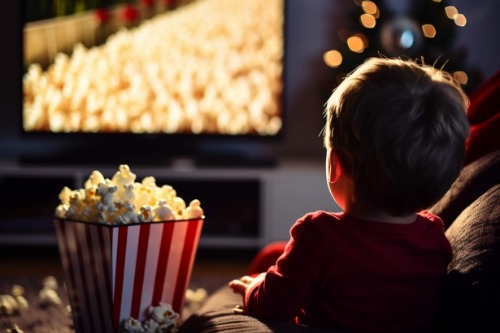
In the U.S., it’s not uncommon for kids to stay up late—especially on weekends or during school breaks. Bedtimes are flexible, and screen time often stretches into the night. Parents may see it as harmless or part of modern life. Sleep hygiene is negotiable.
But in countries like South Korea and Finland, late-night screen use and sleep deprivation among minors are treated as public health issues. Schools and pediatricians monitor sleep patterns closely. The American “night owl” habit is a red flag elsewhere. And yes, bedtime is a legal matter in Seoul.
8. Letting Kids Handle Fireworks
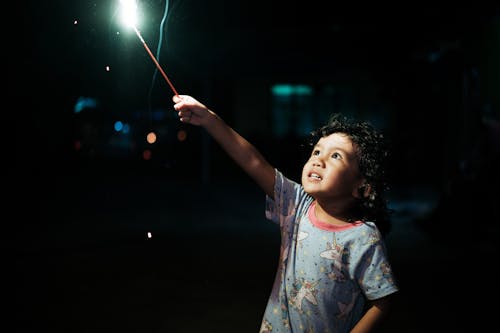
In many U.S. states, kids light sparklers, firecrackers, and small fireworks during holidays like the Fourth of July. It’s seen as festive, supervised fun. Parents often teach safety—but accidents are common. The tradition feels patriotic.
In countries like Ireland, the Netherlands, and Singapore, minors are strictly prohibited from handling fireworks. Violations can lead to fines or criminal charges. The American rite of passage is a legal hazard abroad. And yes, your backyard celebration could trigger a police visit in Amsterdam.
This post 8 American Parenting Habits That Would Be Illegal in Half the World was first published on American Charm.


